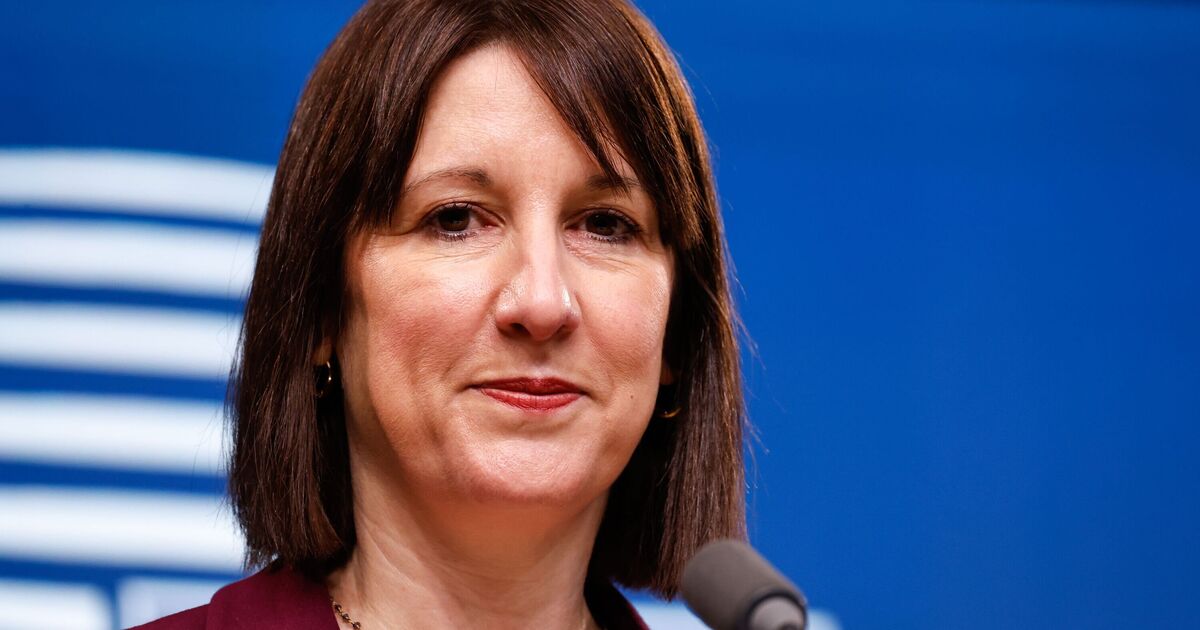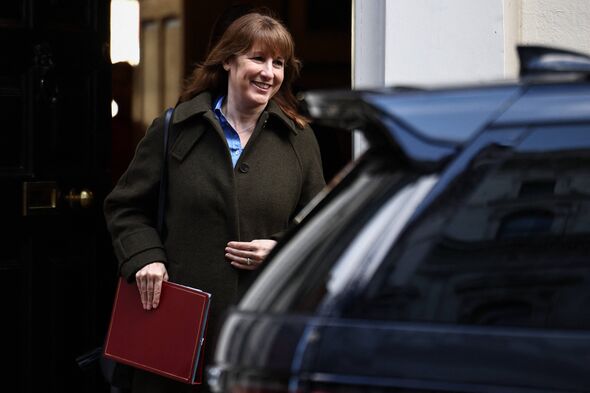
A Budget tax raid on businesses could lead to higher prices for Sainsbury’s shoppers.
The supermarket giant is also boosting wages by the equivalent of £1,100 a year for full time employees.
Industry bosses predict food price inflation will rise from 1.8 percent to 4.2 percent with large increases in the pipeline for breakfast essentials such as butter, coffee, orange juice and vegetable oil.
While Greggs has also announced a rise for popular products, including adding 5p to the price of its sausage rolls.
Retailers claim increases in the minimum wage along with a rise in employers National Insurance is set to drive up food prices through this year.
Sainsbury’s claims it is facing an additional annual bill of £140 million from April to cover the cost of additional employer national insurance contributions alone. And Tesco puts its increase in costs at £250m.
Evidence suggests that the big supermarkets plan to pass on much of their extra costs on to shoppers, rather than taking a hit to profits or paying suppliers, such as farmers, more.
For example, Sainsbury’s is predicting a 7 percent rise in its own profits for 2025 taking the figure to more than £1 billion.
Companies have been warning for weeks that tax rises in Chancellor of the Exchequer Rachel Reeves’ budget will stoke inflation and force them to pass costs onto consumers.
Sainsbury Chief Executive Officer Simon Roberts told reporters on a conference call that it is already clear that inflation is building up and rising fastest in fresh food.
“There’s no doubt — as everyone in the industry has said — that this is coming at us fast in a way that was unexpected, and it will bring inflation,” he said.
Tesco and Marks & Spencer, which both had a bumper Christmas, have also highlighted the risk of cost rises and diminishing consumer sentiment in their trading updates this week.
And Helen Dickinson, the BRC chief executive, said: “There is little hope of prices going anywhere but up.”
She added: “With food inflation bottoming out at 1.8 percent, and many price pressures on the horizon, shop price deflation is likely to become a thing of the past.
“As retailers battle the £7 billion of increased costs in 2025 from the Budget, including higher employer NI, National Living Wage, and new packaging levies, there is little hope of prices going anywhere but up.”
The government announced revenue-raising measures worth more than £40 billion as it tries to fix the National Health Service and infrastructure, with higher payroll taxes the biggest component.
Shore Capital, the investment firm, said: “We normally think about UK food inflation against a backdrop of commodity prices, competition, crude oil and currencies.
“However, for 2025, following on from recent political developments, it is the UK government policy that is now the prime source of grocery price appreciation.”
While supermarket chains have been reporting strong sales around Christmas, they have suffered a sharp fall in share prices because they are likely to be hit particularly hard by increases in wage and NI costs.
Sainsbury said it will continue to look carefully at hiring decisions as it manages unexpected tax and payroll costs. This is in line with reports from other business leaders who have described hikes in National Insurance as a tax on jobs and investment.


















